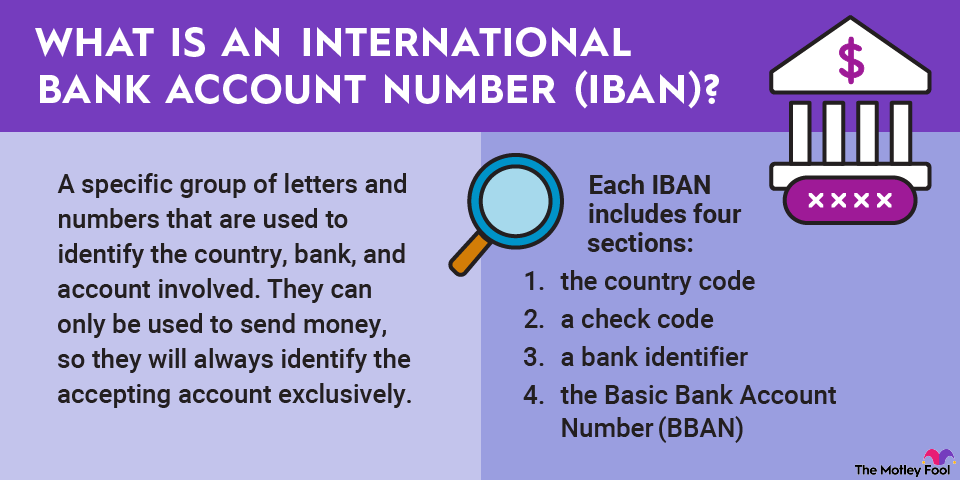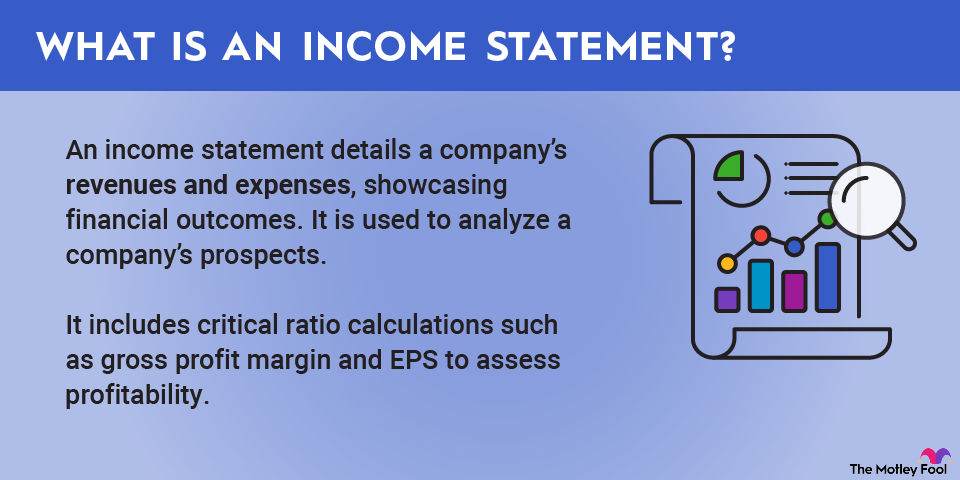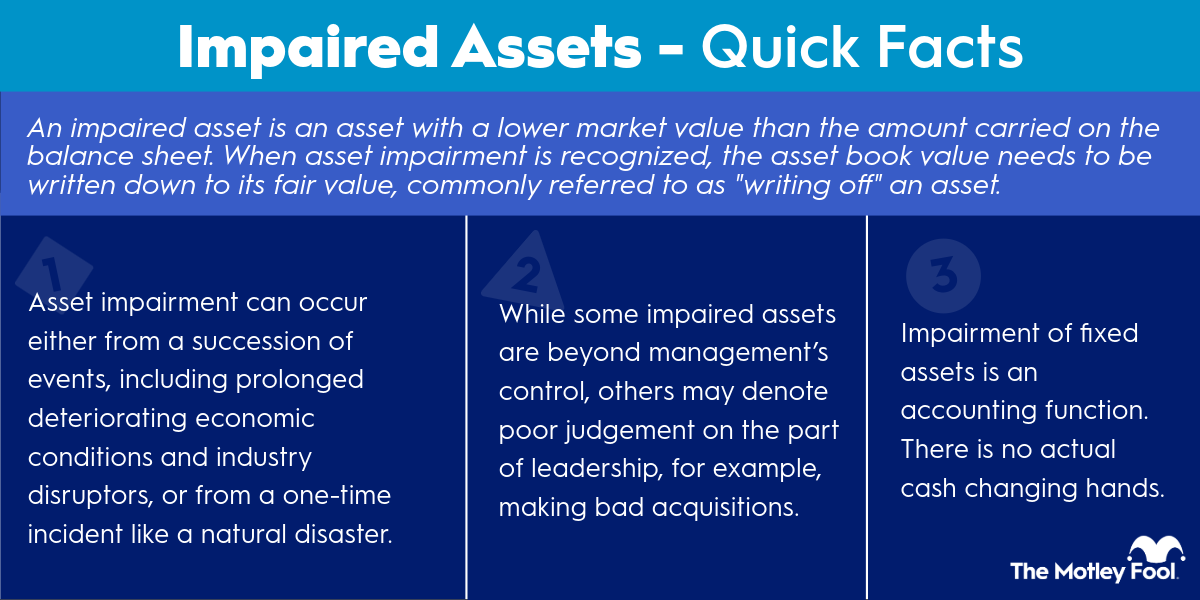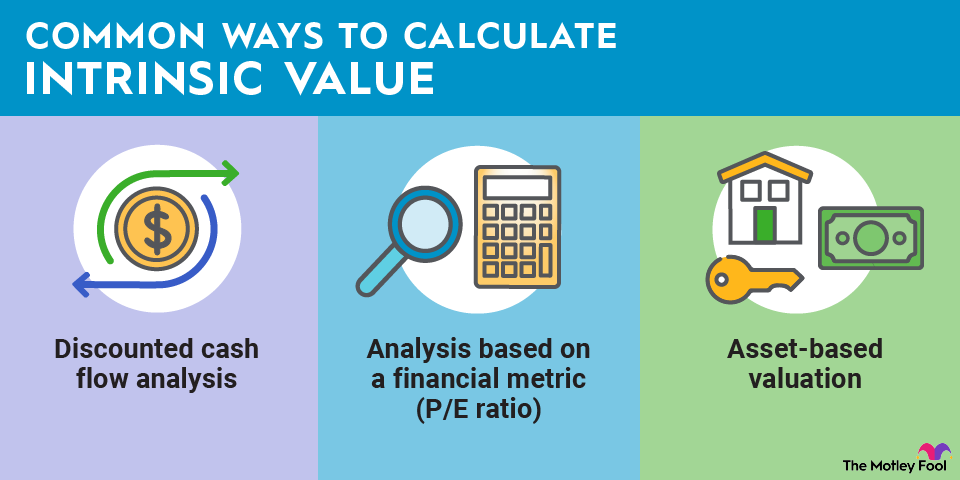From a financial standpoint, an index tracks the performance of a market, asset, sector, or strategy. Indexes are extremely useful metrics that affect everything from the rates of return on market-linked certificates of deposit (CDs) to consumer sentiment about the state of the economy. Read on to learn more about this basic concept and how an index can influence your financial future.

What is an index?
What is an index?
An index is simply a number that represents the value of a basket of financial instruments. The investing world is full of them. Examples include:
- The S&P 500
- The Dow Jones Industrial Average
- The Russell 2000
- The Nasdaq Composite Index
- The Hang Seng
- The price of almost any exchange-traded fund (ETF)
All of these have one thing in common: They help investors gauge the performance of financial assets.
By itself, however, the value of an index doesn't mean much. Instead, the daily oscillations of indexes like the S&P 500 and the Dow Jones Industrial Average are used as a proxy for the health of the economy in general and large corporations in particular. To a certain degree, it's a defensible use. The start of the Great Depression was tied to Black Monday in 1929, when the Dow lost almost 13% of its value. During the 2007-09 financial crisis, the S&P 500 lost 9% of its value in a single day in late September 2008.
But an index is a fairly blunt tool when it comes to analyzing particular events. Instead, an index is best used to gauge sentiment within a broad market over an extended period. Fortunately, there are enough financial indexes to provide trends for almost any market, sector, asset, or strategy.
Related investing topics
Using an index
While the ups and downs of a particular index may be good fodder for cocktail conversation, an increasing number of Americans are using index funds -- investments that seek to match the performance of a specific index -- to increase their wealth.
In early 2024, Morningstar reported that assets in passively managed funds had exceeded the amount in actively managed funds for the first time. Indeed, index funds that allow people to passively invest in securities have become so popular that leading financial firms have warned of their potential harmful economic impact; in August 2016, for example, Sanford C. Bernstein & Co. published a controversial 47-page report, "The Silent Road to Serfdom: Why Passive Investment is Worse Than Marxism."
Investors who buy securities built on indexes also have the advantage of paying extremely small expense ratios.
The Fidelity ZERO Large Cap Index Fund (FNILX +0.00%), which tracks more than 500 U.S. large-cap stocks, doesn't have an expense ratio (or a minimum required investment). The Schwab S&P 500 Index Fund (SWPPX +0.06%), which follows the performance of the S&P 500, has an expense ratio of 0.02%, which means investors pay $0.20 for every $1,000 in their account. The Vanguard Growth ETF (VUG +0.59%) follows the less well-known CRSP US Large Cap Growth Index, which tracks 200 large-cap growth stocks and offers a 0.04% expense ratio.
Indexes can be used to preserve and generate wealth, but analyzing those trends should only be one part of your investment strategy. Research companies, sectors, or markets before you invest, and remember that spending time in the market always beats trying to time the market.



















